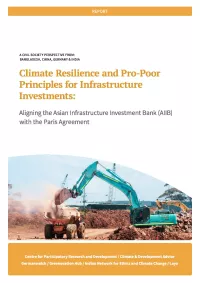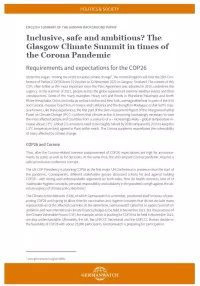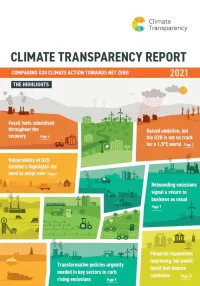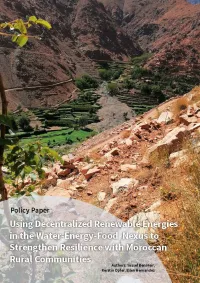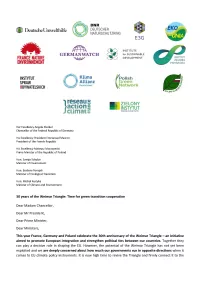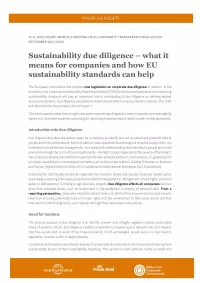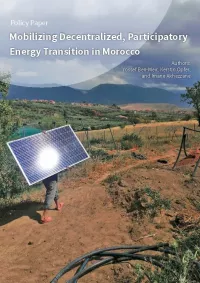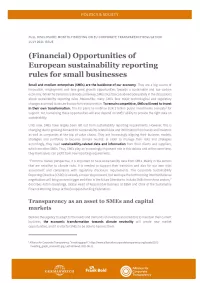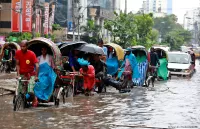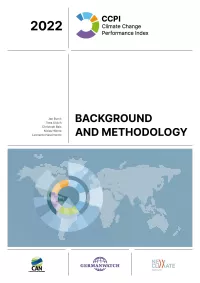
The Climate Change Performance Index compares 60 countries and the EU in the areas of Greenhouse Gas Emissions, Renewable Energies, Energy Use and Climate Policy, thus providing a comprehensive overview of the current efforts and progress of the countries analysed. Besides, it measures how well countries are on track to meet the global goals of the Paris Agreement by evaluating the current status and future targets of each category with reference to a well-below 2°C pathway. This brochure explains the background and methodology of the Climate Change Performance Index.

